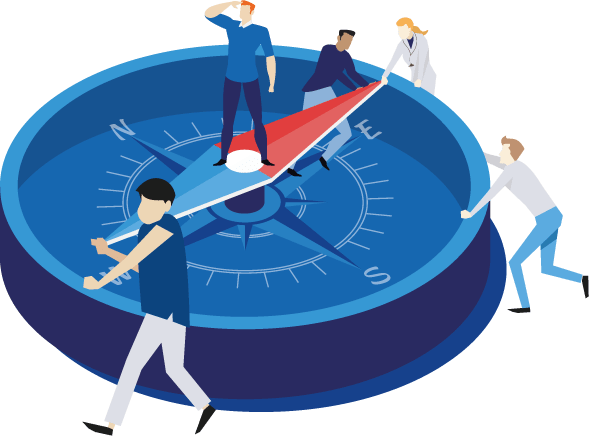Toolkit
There are a wide range of tools which can support your health literacy practice and this section of the website contains an overview of some of the main techniques and provides links to further resources and guidance. The national health literacy action plan and supporting materials advocates five key approaches to support health literacy with service users, you will find these in the Techniques page.

Techniques
It is easy to underestimate people’s health literacy needs, this may be because those needs can be hidden or people are reluctant to admit that they haven’t understood information that has been explained. Everyone can be at risk of poor health literacy and you should not assume a person’s level of health literacy or their level of understanding. This section is dedicated to the five techniques recommended for good health literacy practice.
Techniques for your practiceEncouraging patient questions
We are responsible for ensuring that all relevant information is provided and understood it is important to support people in asking questions to help them find out information that is important to them.
Read more on encouraging questionsE-Learning Package
View our E-Learning PackageAccess to Healthcare
A common issue reported by some of Scotland’s most vulnerable groups is difficulty in registering at a GP Practice. This is an issue that has particularly affected Gypsy Travellers, refugees, people seeking asylum and people experiencing homelessness.
Difficulty in registering at a GPSelf-management
Self-management can be described as an approach which supports people living with long term conditions to manage their own health and be in the driving seat of healthcare.
Supporting people to manage their own healthInformed consent
People are often required to consent to various treatments and procedures, it is important that they are supported to understand exactly what they are being asked to consent to, the consequences and to make an informed decision.
Do you have their consent?Long term conditions
People with long term conditions may require further support in terms of health literacy to assist them in understanding and the self management of their condition.
Supporting long term conditionsMedicine management
Information related to medicines such as guidance on why and how they are taken and medicine information sheets can be confusing for people. The language used in explaining dosage and side effects may be difficult for people to understand and can result in medications not having the intended outcome.
Guidance on medicine management